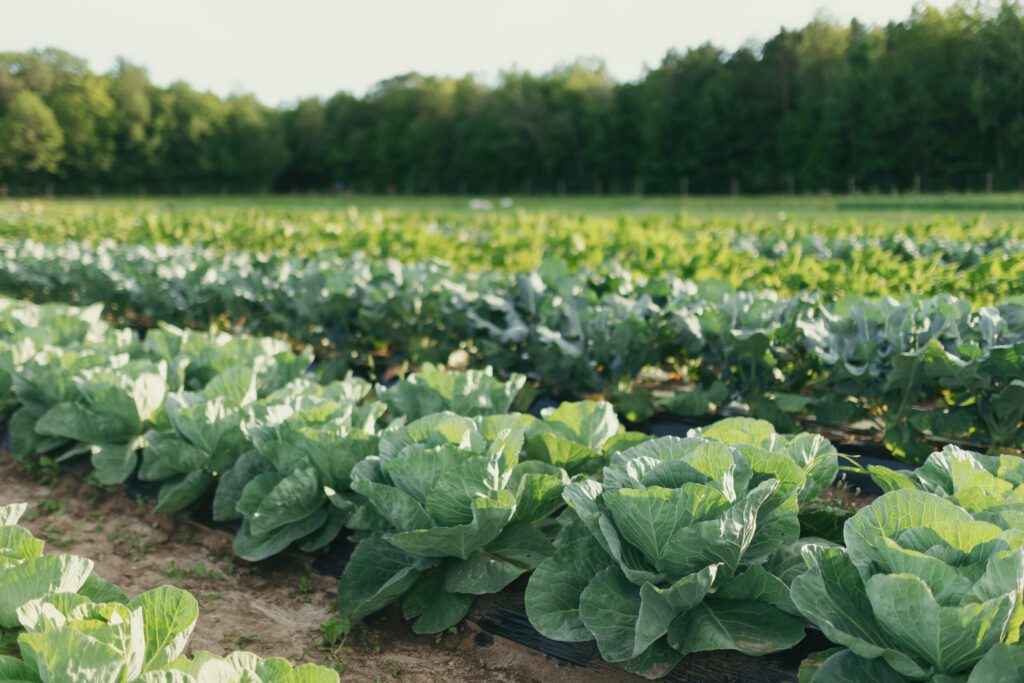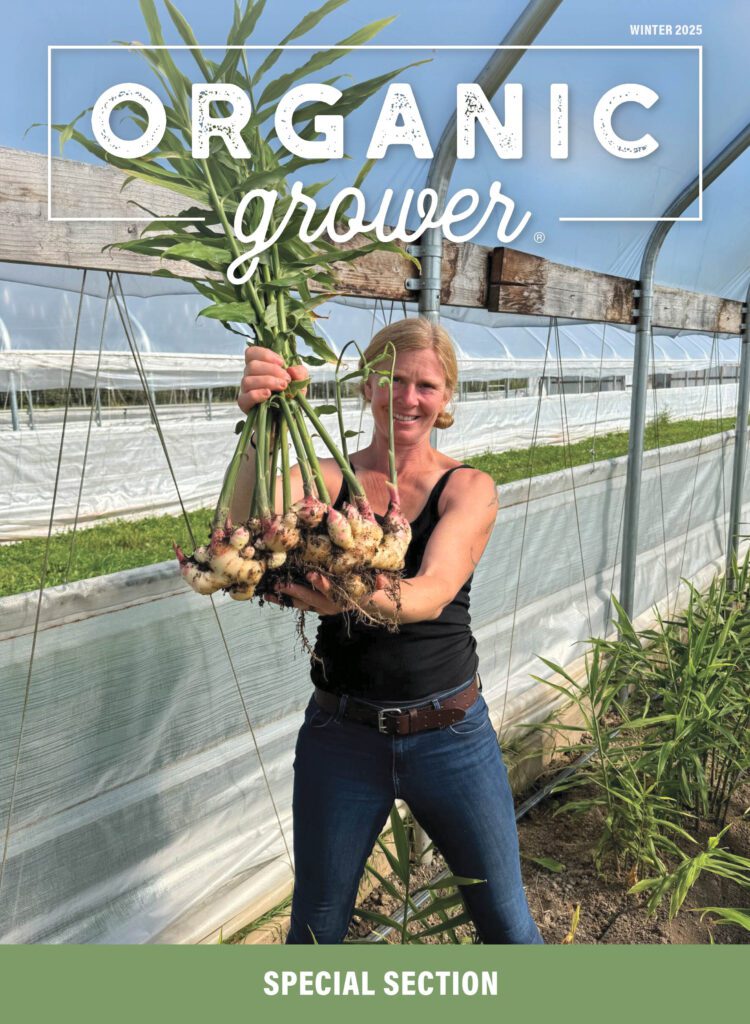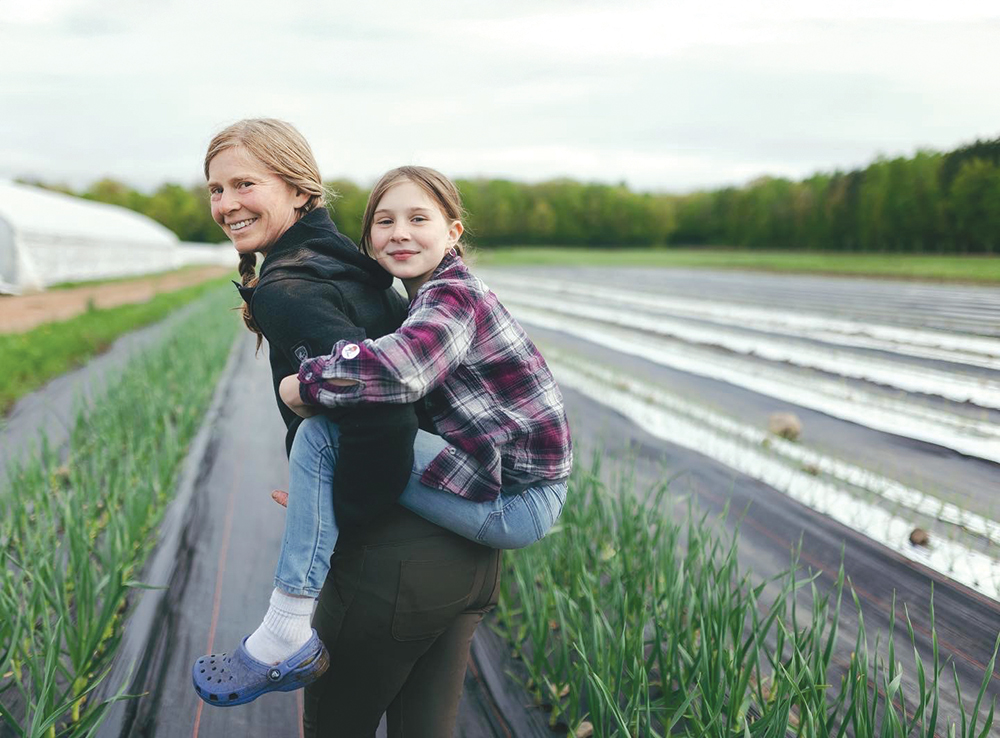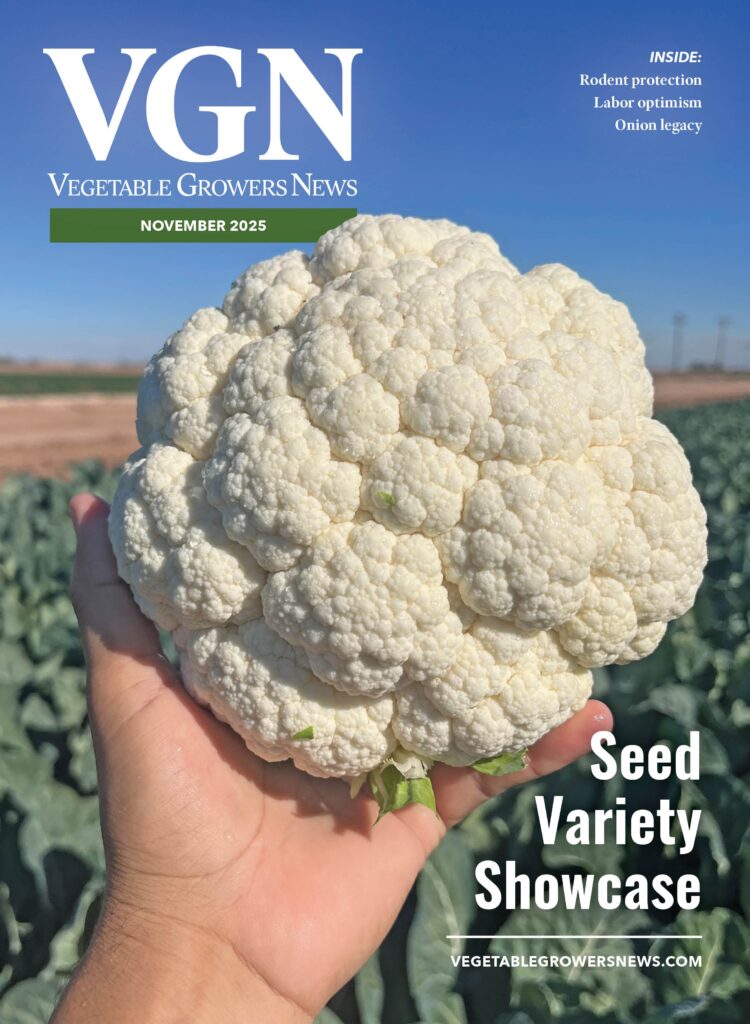
Mar 7, 2025Cattail Organics grows success through organic farming practices
From its start in 2017, Cattail Organics in Athens, Wisconsin has built a reputation for organic vegetable farming. Founded by Katrina Becker, the farm produces vegetables, melons, seedling, maple syrup and herbs while focusing on soil health, sustainability and community connections.
Building on experience
Becker launched Cattail Organics after more than a decade with Stoney Acres Farm. “I had managed vegetable production at that farm and was looking to start a new operation,” she said. “I obviously had some experience setting up a vegetable farm in the region and had established accounts, so in many ways, the farm built on my past experience.”
She started small, concentrating on farmers markets and modest wholesale accounts. Early investments included a pack shed that grew into a four-season insulated packing building, a heated greenhouse and two high tunnels.
“We grew that first year from about $70,000 in sales to over half a million this past year, so it’s been fairly rapid growth even though our footprint hasn’t expanded much,” Becker said.
Today, the farm manages about 17 tillable acres, with eight high tunnels and caterpillar tunnels enabling year-round production.
Organic vegetable farming philosophy

Becker emphasizes soil as the foundation of her management practices. “All of my practices are rooted in soil,” she said. Cover crops grow on every acre, while compost, drip irrigation and micro-emitters help protect soil health and ensure efficient water use.
The farm also stewards freshwater stream and pond, a 20-acre maple grove, beneficial insect habitat and a small apple orchard.
Cattail Organics is certified organic and Real Organic Certified. “It’s completely satisfying to provide people with good food, and I have an interest in eating delicious food myself,” Becker said.
Becker views her mission as both practical and personal: to cultivate high-quality produce, strengthen community ties and support a just food system.
Adapting to a short growing season
with only about 90 frost-free days, Becker has developed strategies to maximize the season. Greenhouse production begins in February, and unheated tunnels allow for early spinach, scallions and onions. Root vegetables sustain the farm through winter, with employees washing and packing for schools and grocery accounts.
“We are actively producing during that season and start greenhouse production around the end of February,” Becker said. “By April we are harvesting greens out of those tunnels.”
Investing in tools and technology
Cattail Organics has invested heavily in technology to increase efficiency. A root vegetable harvester shortened tasks from two weeks to two days. The farm also uses computer-based inventory systems, moisture monitors and cultivating equipment, though Becker says whiteboards and walkie talkies remain among their most important tools.
“As an organic farm, we do a lot of hand labor, especially to control weeds,” Becker said. “But we have cultivating tractors and equipment and a lot of tech for field production.”
Looking ahead, the farm plans to experiment with biologicals, including wasp releases ad brassica crops. “It’s new to us and is an exciting area across agriculture,” Becker said.
Looking to the future

Becker balances running the farm with raising three children alongside her husband, who manages his own farm business. While she is unsure if her children will continue the farm, she hopes they will have the option.
“We do want it to be an option for our kids to move back and take over this land someday,” she said. “But we’re also open to maybe transitioning it to other farmers.”
For now, Cattail Organics continues to grow as a model of organic vegetable farming, with Becker committed to soil stewardship, sustainability and community. “It’s uniquely challenging and there’s always stuff to learn,” she said. “The more I know, the more I can explore really interesting things. I love that.”
















